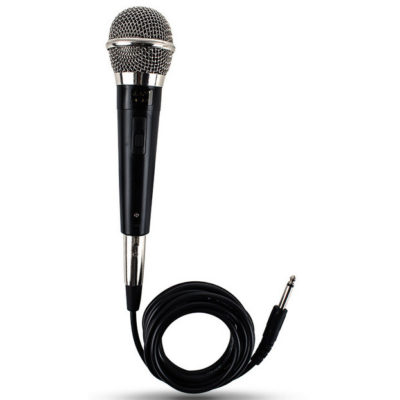 Oprah Winfrey often talks about the one thing every person truly wants; to be seen and to be heard. This makes sense and can impact your classroom when kept in mind while teaching. It turns out it can impact whole groups of people when applied to policy making.
Oprah Winfrey often talks about the one thing every person truly wants; to be seen and to be heard. This makes sense and can impact your classroom when kept in mind while teaching. It turns out it can impact whole groups of people when applied to policy making.
Recently, I was reminded the power of being seen and heard as I read document produced by the Office of Superintendent of Public Instruction (OSPI) called the Concise Explanatory Statement for Chapter 392-400 WAC. This 166-page document provides a thorough summary capturing all of the comments put forth by the public as the state went about rewriting policy surrounding discipline in our schools. I was struck by the quality AND quantity of statements parents in particular contributed and how the state was mindful of these comments as they created new policy. This document clearly shows not only whether or not each comment was reflected in final policy, but also where specifically an impact had been made. This started me thinking about the importance of participating in educational policy discussions, both as a teacher and as a parent. But where do you even begin?
Our state’s pre-K-12 school system operates within districts governed by locally elected school boards and superintendents. These schools are regionally grouped into nine Educational Service Districts (ESD), each of which is headed by a regional superintendent, hired by a governing board. The state has an elected superintendent of public instruction, who is located in our state’s capitol and has staffing to address all of our state’s educational functions. Collectively, this is call the Office of Superintendent of Public Instruction (OSPI). OSPI must hold public meetings throughout the state’s ESDs to garner public input when intending to revise current implementation of the state’s laws governing education. Submitting your thoughts and/or attending these meetings is one way for your voice to be on record.
Collectively, we serve over 1,050,000 students, who are enrolled in a total of 2,370 schools. Our state serves a diverse population of students demographically, with 32.5%, 42.7%, and 24.8% being served in city, urban and more rural settings respectively. Obviously there is great diversity in the needs of schools across our state. Many voices, one chorus.
Our state’s largest public employee union is Washington Education Association (WEA). This union represents approximately 82,000 public school employees, including teachers, classified staff, and higher education staff. This is perhaps the largest political voice we have at the legislative table. And yet, even as a union with the mission to advance opportunities to make public education the best it can be for students, staff and communities, the organization can be out of touch with the needs of teachers and students. It is the nature of the beast that too much gets lost in translation between the classroom and the floor of the state’s Congress.
The Center for Strengthening the Teaching Profession (CSTP) is dedicated to establishing meaningful, pertinent and powerful dialog between legislators, governing agencies, and classroom teachers and has proven an invaluable voice to both our OSPI and WEA. This nonprofit was founded around a selected group of demographically diverse teachers who can contribute to policy discussions based on their instructional expertise. It is the belief of this organization that information about policy impacts in the classroom, from the perspective of teachers, is a powerful way to strengthen the teaching profession overall.
One avenue for this exchange of information is through CSTP’s bloggers, of which I am one. We explore what is and is not working in regards to the implementation and/or ongoing efforts of mandated reforms and policies as set forth by the Federal Department of Education or by the state. We blog in a non-partisan way and reflect on how learning is being impacted by policy.
Yet, as bloggers, we still are just a few voices in the chorus of teaching. There are so many teachers who have their own thoughts, views and insights. I would all love to hear in the comments below some areas of policy and impacts you would like explored and talked about in this year’s blogs. What is on your mind? How has educational policy affected you? What do you see as working well? Bring your voice and join the chorus!
By the way…the Concise Explanatory Statement for Chapter 392-400 WAC has shaped new discipline policies all schools must adhere to beginning this 2018-19 school year. Check out some of the changes here!
Thanks for this link… I had no idea that this had been happening!
My wondering is about what sorts of checks are in place to compel a district/school to examine the equity of their disciplinary policies and procedures.
I also feel strongly that much discipline begins with adult-to-kid interactions where, in my opinion, the adult doesn’t always have the skills to prevent escalation of the situation… particularly across cultural, racial, gender or linguistic lines. I wonder about what the future looks like for supporting teacher/adult learning around responding to individual interactions with kids, understanding the adults’ own biases, and how these might inadvertently make molehills into mountains.